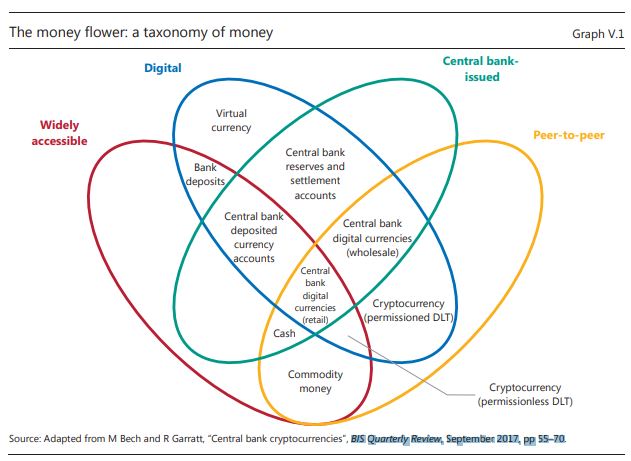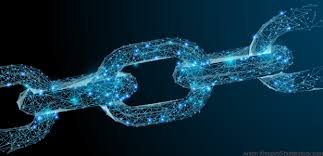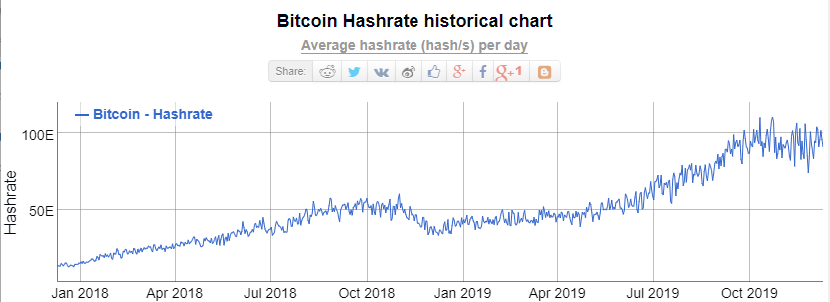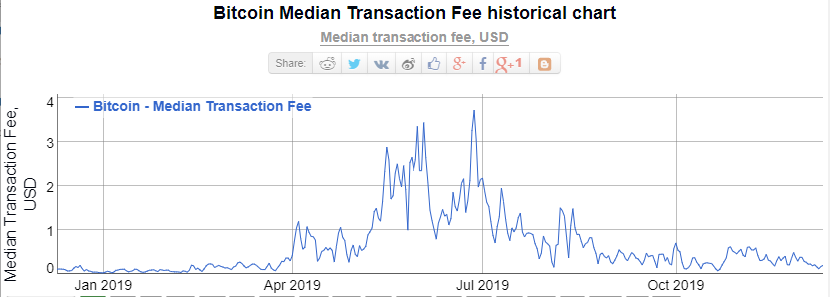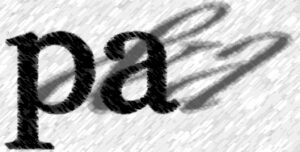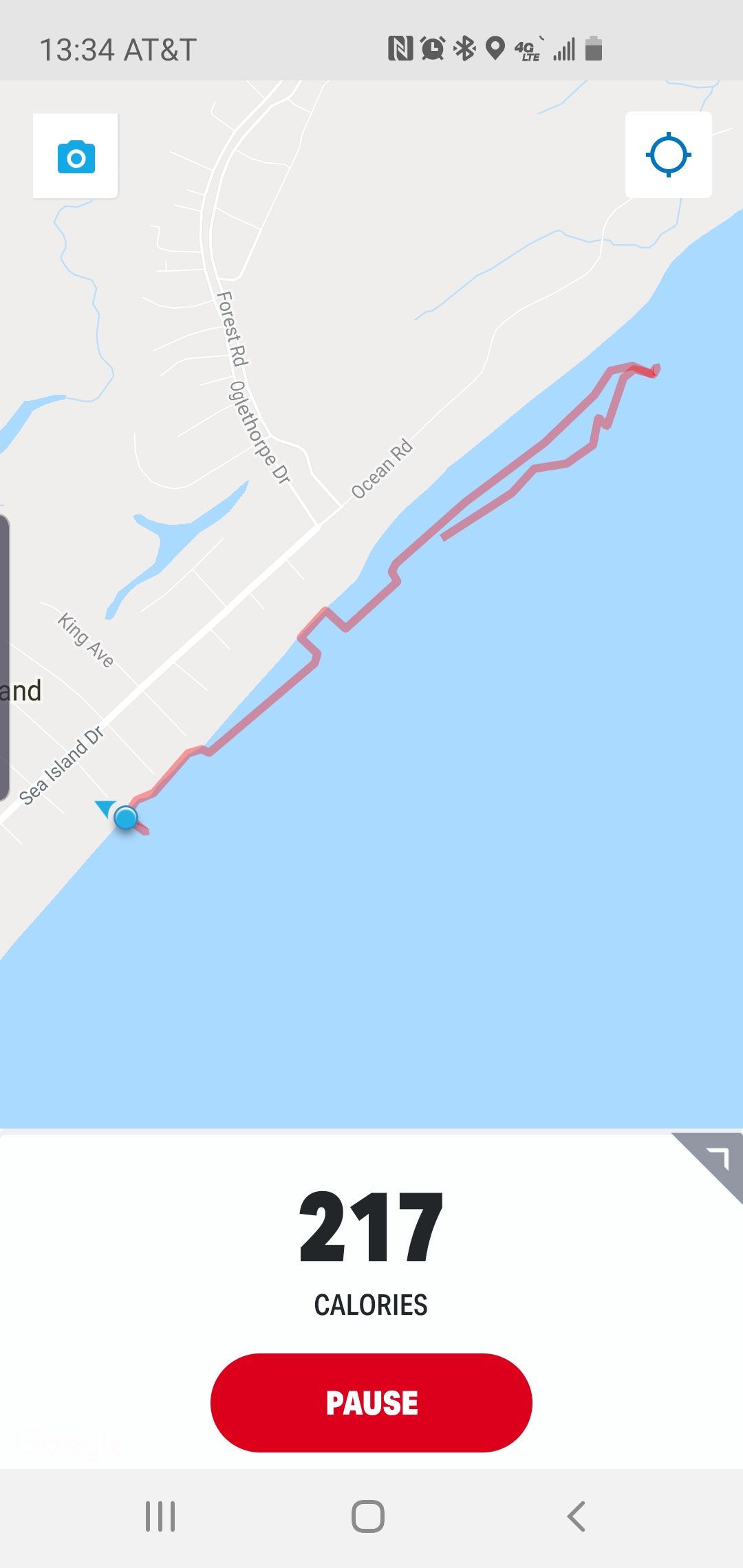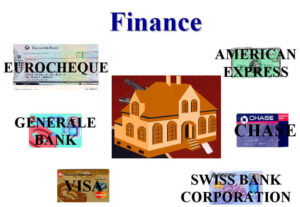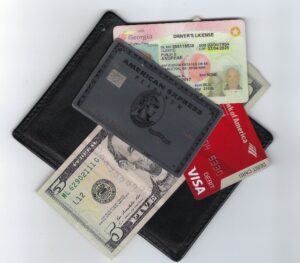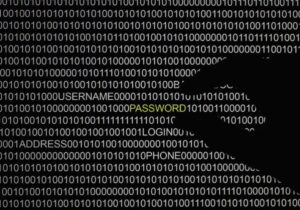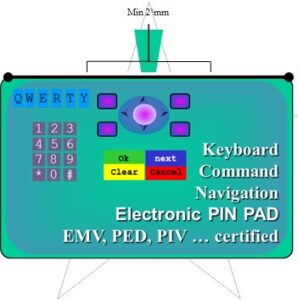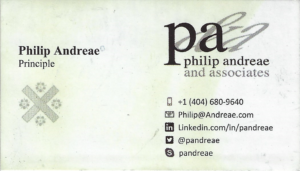Distributed autonomous organizations, a DAO
When we think of governance and how we control society, we immediately must consider the realities of the people and the tribes to which they belong. Without understanding their history and the context of the culture, we gamble with knowing the truth as we try to understand their focus, purpose, and future.
What is governance? It is the methods, processes, and mechanisms a society puts in place to establish order and ensure harmony? The ancient Greeks spoke of democracy, the idea that each member of the tribe, the town, the city, or the state could assemble and determine new laws, regulations, and best practices. We then evolved into representative structures where appointed, elected, or heredity groups of people came together to represent many citizens.
Long ago, yet, in my lifetime, the idea of plugging the handset of your telephone into the back of a terminal and dial into a computer somewhere out there was a novelty.
handset of your telephone into the back of a terminal and dial into a computer somewhere out there was a novelty.
Last decade, in response to the financial crisis brought on by those who sought to profit from the creation of financial instruments derived from the derivate of another financial derived instruction, we read Bitcoin: A Peer-to-peer Electronic Cash System. This seminal piece of work drove us to understand the immutable and trustless power of a distributed ledger.
When bitcoin emerged, Satoshi’s whitepaper described a new world order. A world built on mathematics, founded in a meritocracy, and governed by software. It makes one wonder about the written into science fiction novels. They expressed concern and worry about computers and pure logic taking over the world. Sometimes humanity became technology’s servant.
While learning, I remembered a series of conversations with David Chaum as he explained the concept of a hash chain, the power of cryptography, digital signatures, and certificates as I explored the security of the devices we carry. This journey drove me to explore relationships, artifacts, cards, and credentials.
After 45 years serving the financial community with a technical orientation, I came to understand the power of identity, the fallacy of software, and the integrity of people. At the same time, history was rewritten, curriculums were changed over and over again. Disinformation, trust, fake news, and propaganda meld into this cacophony. A collage of perspectives linked to our identity and flavor soured by the relationships and encounters we have had during our limited existence. Today I wonder about elections, opinion polls, proxy votes, and the selectio n of representative government.
n of representative government.
Today it is time to embrace a citizen-centric view of technology. If we do not stop and think, the brave to a new world we may construct could look like 1984 or a world under the watchful eye of Skynet. If we reflect on what we, the citizen, want and direct what we do to achieve that collective vision. We can work as one together and establish the foundation of that brave new world we all seek.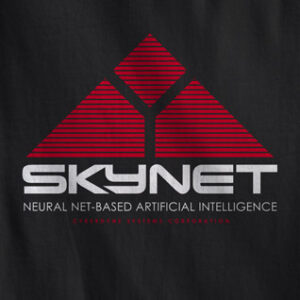
A distributed autonomous organization seeks to address a myriad of challenges. As peers in a decentralized structure, the participants deliberate, vote, and reach
consensus.
Like in any organization, people are attracted to thoughts and ideas that meld well with their own. But what makes this so new? Long ago, when representative governments or councils were created, the community decided to allow a few to manage the needs of the many.
What is so different? Our interfaces have changed. The way we engage has expanded and no longer restructured to verbal or hand-delivered written communication. In written communication, there is a thought. I stare at my computer screens; my pen is poised over a tablet as I use script to write notes or the keyboard to chat across multiple instant messaging applications. While staring at a word processor, PowerPoint presentation, or spreadsheet, I can engage and share with people spread across the planet using my cameras, speakers, and microphones.
A distributed Autonomous Organization is simply the grouping of people using technology to widen the breadth of participation. No longer restricted to location, we can continue to expand networks and engage with our peers.

